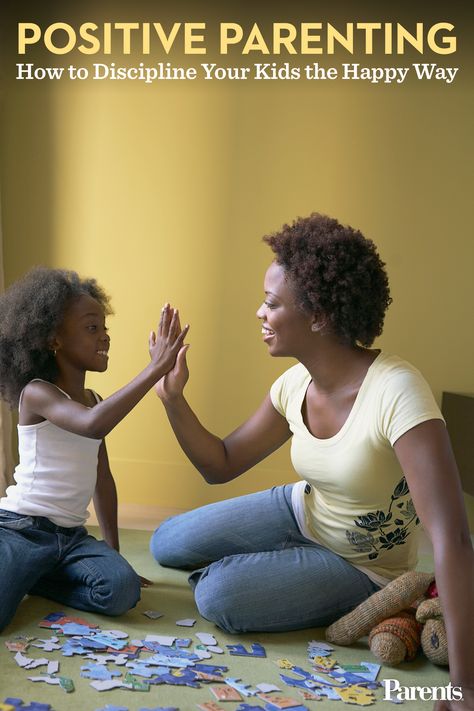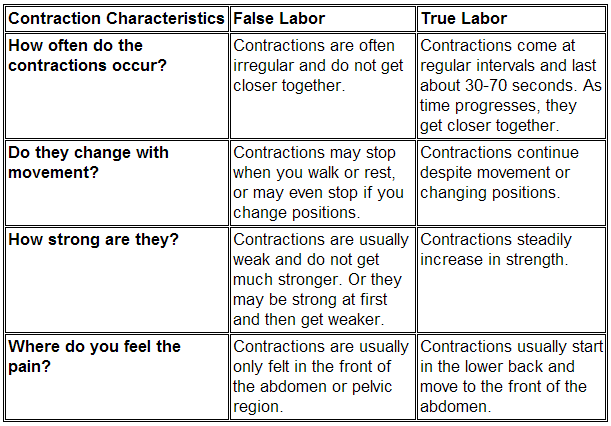How to handle problematic child
6 Helpful Tips for Parents
Raising a child is a difficult undertaking for any parent, but having a child who exhibits challenging behaviors can be downright exhausting. Whether your child is prone to tantrums, refuses to eat, or has public meltdowns, many parents know how tough it can be when a child acts out.
A reality that parents face is that all kids can be a handful at one time or another, even in the best of circumstances. So, how do you handle a child who frequently exhibits difficult to manage behaviors? What is the best way to respond when your little one isn’t on his or her best behavior? With the right approach, handling a child with behavioral difficulties is an art you’ll eventually be able to master. Here are some tips you might find useful.
Understand the root cause of the behaviorChildren do not just misbehave because they want to be difficult. Oftentimes they are feeling frustrated, hungry, or overwhelmed, and they do not know how to express their feelings clearly or effectively. Remember that young kids are not innately skilled when it comes to communicating their needs or feelings and more often than not, they use tantrums to gain your attention. Your child might have a need that isn’t being met, and your job is to find out what that need is. Be sure to assess the situation first before reacting or addressing the misbehavior.
Setting boundaries is an important way to ensure that children understand how they are expected to behave in certain situations. In order to set these boundaries, it’s also helpful to implement rules and consequences. Be sure to clearly communicate what is expected of your child so that following your rules becomes manageable and realistic. It’s also important to ensure that your little one clearly understands what will and will not be tolerated. If your child isn’t able to adhere to these guidelines, there should be a corresponding consequence for his or her actions.
Stay calmIt may be tempting to fall prey to your own emotions in times of stress and have an angry outburst when your child is misbehaving.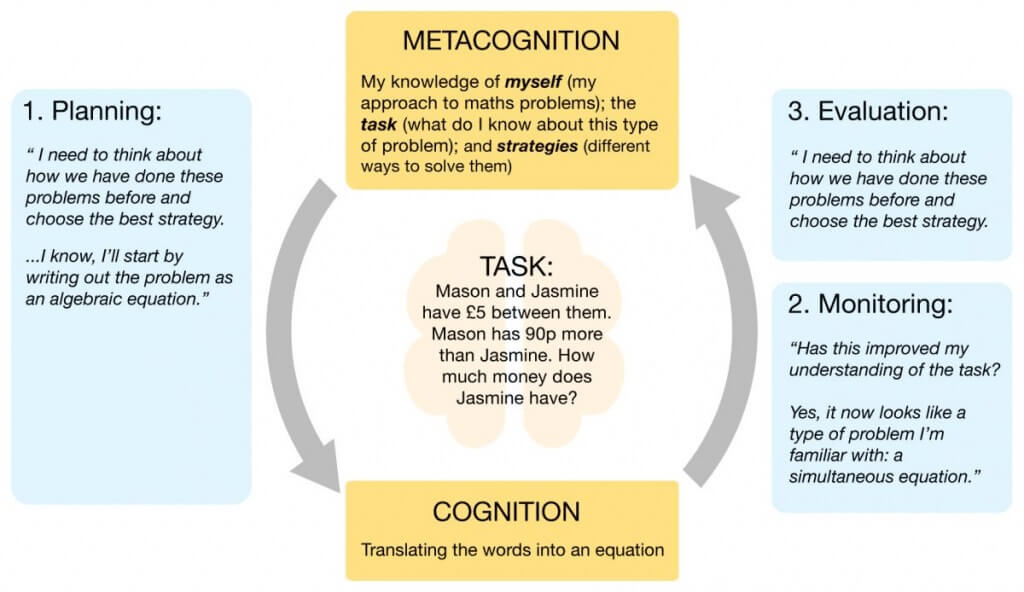 However, staying calm is key. Do your best to remain calm so that you can understand and address the situation. Take a step back, take a deep breath, and approach the situation with a calm demeanor. Remember that it is normal for all young kids to go through some difficult phases from time to time. Instead of trying to immediately change your child’s behavior, it is best to focus on your own response first. It’s natural to feel frustrated, but it’s important that you know how to manage your anger as well.
However, staying calm is key. Do your best to remain calm so that you can understand and address the situation. Take a step back, take a deep breath, and approach the situation with a calm demeanor. Remember that it is normal for all young kids to go through some difficult phases from time to time. Instead of trying to immediately change your child’s behavior, it is best to focus on your own response first. It’s natural to feel frustrated, but it’s important that you know how to manage your anger as well.
Letting your child know that you hear his or her concerns or frustration is vital when facing difficult behavior. Your little one’s tantrum is often a cry for help or attention. Therefore, make sure children know that they are being heard any time they express anger, sadness, or frustration. The better you aim to understand their points of view, the easier it becomes to talk to them and resolve the issue at hand.
Reward good behavior when possibleGiving a reward to children who behave well can be a useful parenting technique that encourages positive changes in behavior while discouraging negative behaviors from recurring. The reward you choose doesn’t have to be anything extravagant. Just think of something your little one will love and enjoy.
The reward you choose doesn’t have to be anything extravagant. Just think of something your little one will love and enjoy.
For example, if your child finishes all of their food during dinner without crying or having a tantrum, you may consider letting him or her enjoy an extra scoop of ice cream for dessert or an additional 30 minutes of playtime.
Take time to explainIt’s also important to remember that young kids don’t have an immediate sense of what types of behavior are acceptable and unacceptable, so this is where your role as a parent comes in. Take time to explain to your child why certain behaviors are discouraged or won’t be tolerated. Discuss why it’s not ok to snatch a toy away from another child and explain how his or her actions can affect others. The more you explain to your child how others may be impacted by his or her choices, the more your child can develop empathy and discontinue that type of behavior.
Dealing with difficult behavior from children is no easy feat, but with some time and dedication, and these tips in your arsenal, you can successfully instill discipline and encourage better behavior with your little one.
For more tips and resources on parenting, please visit Young Scholars Academy.
10 Effective Ways to Deal With a Difficult Child
All children make a certain amount of fuss when they are told to get ready, eat their vegetables or sit in one place when they’re out with you. On one end of the spectrum, there are children who comply quite readily and the other end has the difficult ones. Parents of such children are always on the lookout for what might set off the next tantrum or how to get their children to do basic tasks without tearing the whole place apart. Here is all you need to know about identifying and parenting a difficult child.
Video : How to Deal with a Difficult Child (8 Best Ways that Parents Must Know)
Who Are ‘Difficult Children’ and What Causes Them to Be ‘Difficult’?
The difficult child behavior is seen in children who often fight over routine tasks such as clothes, mealtime or bath time or getting ready to go to bed.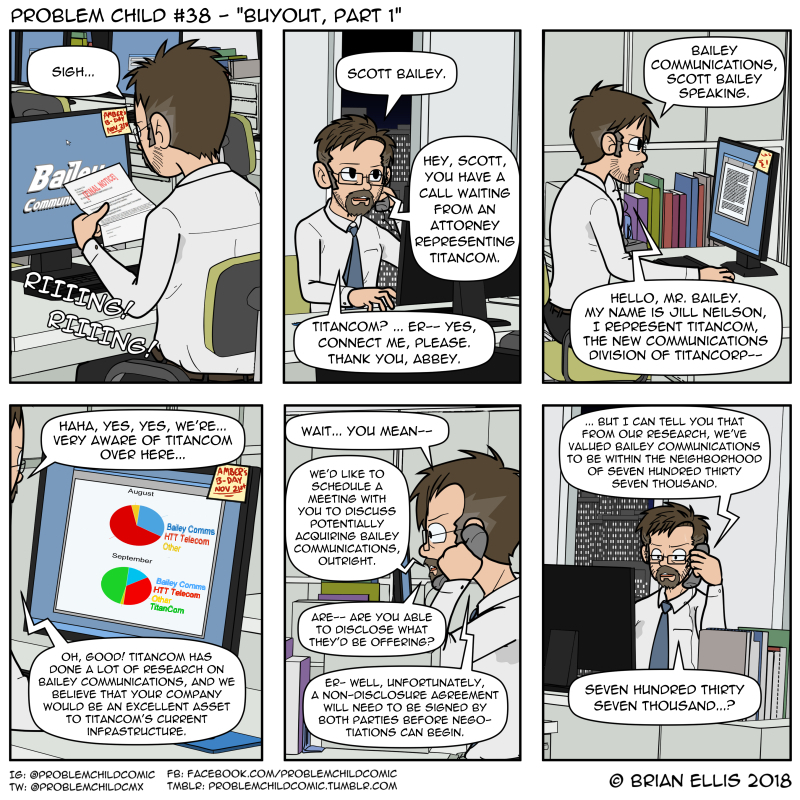 It extends beyond that to other activities where parents often worry about taking their child out to social gatherings fearing something might set off a meltdown or have a difficult time in general with dealing with their child.
It extends beyond that to other activities where parents often worry about taking their child out to social gatherings fearing something might set off a meltdown or have a difficult time in general with dealing with their child.
There could be a number of causes to what makes a difficult child and surprisingly there’s a strong genetic component to it as well. While some parents might find it hard to accept that children are born difficult, it is seen that babies who are mild-tempered often tend to grow up into children who are quite calm. When they look through their family, such children will have a counterpart somewhere who behaved the same way. On the other hard parenting can also have an effect on what could make a child difficult. In such instances, an examination of the history of parenting can reveal the cause.
Usual Behavioral Traits of a Difficult Child
If you think you might be raising a difficult child, there are typical behavioral traits to look for.
1. Defiance
Difficult children are defiant and refuse to follow simple requests such as waiting for you to finish at the store before you go get ice cream, getting ready to go to bed or to go to school or any other simple request they don’t wish to oblige.
2. Fussiness
An extremely difficult toddler can be a fussy eater and throw away food or demand only for certain foods even when they go hungry for long periods of time. Fussiness also extends to wearing certain clothes or taking a bath.
3. Hurting Other People
This one is a common difficult boy trait where they are often rough and do not play nicely with other children or adults. They may even resort to biting or kicking or pinching when they are annoyed or don’t get what they want.
4. Excessive Anger
This is quite common when they don’t get their way wherever they go. The anger might make them more defiant, or act out by throwing things or trying to harm people.
5. Tantrums
Frequent tantrums almost on a daily basis are also a major behavioral trait of difficult children. A defiant no to be patient at a party can quickly turn into a meltdown that brings all the attention to the child. They also throw tantrums as a last resort to get what they want no matter what.
A defiant no to be patient at a party can quickly turn into a meltdown that brings all the attention to the child. They also throw tantrums as a last resort to get what they want no matter what.
10 Ways to Deal With a Difficult Child
If you happen to be the parent of one, here are tips on handling difficult kids:
1. Pick Your Fights
If you’re getting down to a battle with your kid for every bad behavior you will always be at war! Instead have a list of say 10 or 15 of the most serious things that’s a no-no because they are dangerous to others, annoying or uncivil. If things that are absolutely forbidden, like riding their tricycle on the street, set real consequences that you can follow through. Maintain consistency in disciplining as the lack of it can confuse them and fuel rebellion.
2. Take Preventive Measures
This one takes practice but works effectively. Use your knowledge of your child’s temperaments to predict and avoid blowups. If he likes pulling things out of the cupboards while you’re in the kitchen, have them locked so he can’t get in.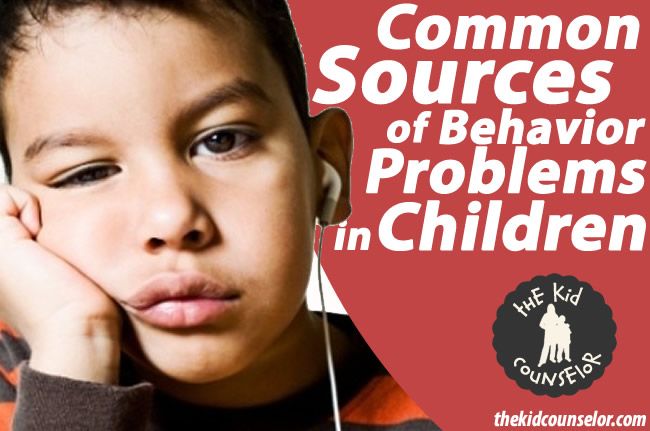 Know when he is feeling the most energetic or tired and grumpy so you can schedule your trips to the supermarket or the doctor when he is at his best. Take his favorite toys with you or some treats to stave off boredom.
Know when he is feeling the most energetic or tired and grumpy so you can schedule your trips to the supermarket or the doctor when he is at his best. Take his favorite toys with you or some treats to stave off boredom.
3. Maintain Control
No matter how you’re not up for it or feeling exhausted, do not relinquish control or give in to the bad behavior or tantrums. Giving in would show her your weakness and use tantrums to manipulate you again. Instead, you could tune into her powerlessness to find what you need to gain control.
4. Stay Calm
The calmer you are, the better you can handle the situation. Your tone also needs to be quiet, steady and neutral when you tell your child to stop bad behavior. When persuading them to do something such as wash hands before a meal, a suggestive tone would help more than a commanding one. So instead of saying “Go wash your hands and feet immediately” suggest “why don’t you go wash your hands and feet by the time I set up dinner?”
5.
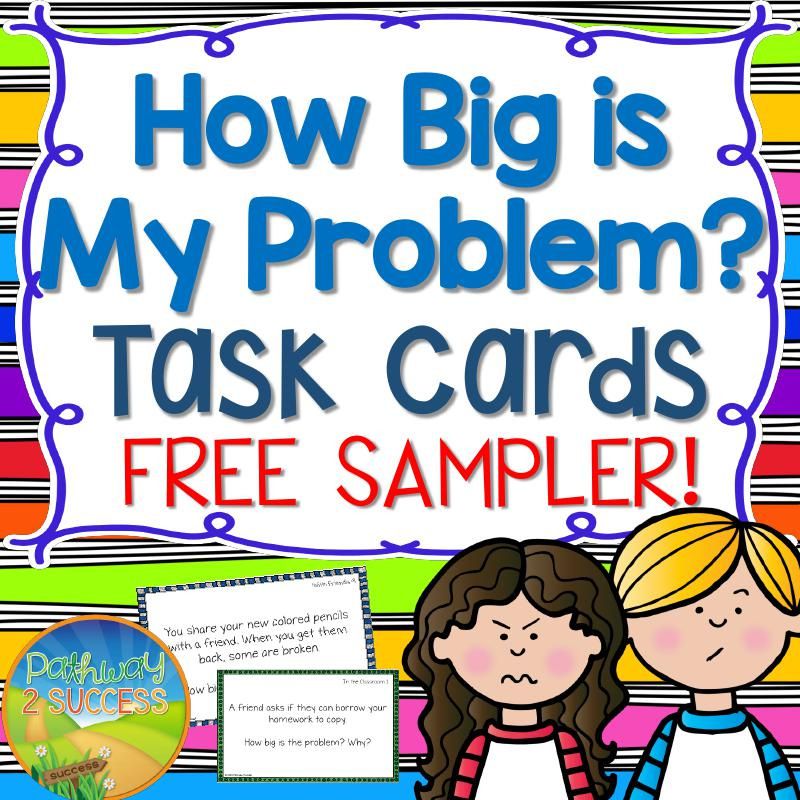 Listen Carefully
Listen CarefullyBeing heard is one of the most important things to children and they often act out for attention. So whenever they express their joy or sadness, listen to it and reciprocate so they know they are being heard. Say he wants to open the cookie box in the supermarket, explain to him why he shouldn’t do that and wait till you have checked out.
6. Empathize With Them
Your child cannot understand the emotional storm going through their minds, but you can. Whenever possible, tune into their feelings and teach them to label it so they can better articulate what’s happening with them. Use lines such as “I know you are frustrated you can’t have those cookies now”, “I know you are feeling too tired for a bath”.
7. Explain More
Instead of reacting to a mischievous behavior, explain to them that snatching the other child’s toy is bad because they wouldn’t like it if it happened to them. The same applies to hitting or biting so they can better understand how their behavior affects others.
8. Offer Them A Choice
Refusing to obey often has to do with rebellion against your control. So instead of coming across as controlling, offer them a choice with a limited set of outcomes. For example, instead of commanding him to return all his toys in the basket or clean the room ask him which task he would take up so you can do the other. Eventually, you can stop helping out and get him to do it all starting with one task at a time.
9. Bestow Rewards
This is a strategy you should use only when they behave well at the time it is most needed. Say you are out at a friend’s place and your boy promises to play nicely with the other children and he keeps it up, treat him with his favorite ice cream or snack as a reward. It also works with simple tasks such as taking meds, a spoon of sugar later will definitely help ease it down!
10. Choose Appropriate Consequences
Consequences are also as important as rewards in shaping difficult behavior. Time-outs work with most kids as they have plenty of time to think about what they did in a dull boring place.(184).jpg) If time outs don’t work there are always other favorite activities you can take away such as screen time privileges and dessert.
If time outs don’t work there are always other favorite activities you can take away such as screen time privileges and dessert.
Disciplining a difficult child is a skill parents most often don’t possess, it is acquired as they understand their children and what works with them. While initially they are baffled by why some kids are tougher than others they will eventually come to understand the temperaments of their children and formulate a strategy. The key is patience, keen observation skill, and smart methods to manage them.
Also Read:
Tips for Parents to Handle Naughty Children
Ways to Deal with Stubborn Kid
Dealing With a Highly Emotional Kid
7 steps to correct difficult children from Lyudmila Petranovskaya
Attempts to set a difficult child on the right path sometimes lead to a full-scale and non-stop war in one single family. Psychologist Lyudmila Petranovskaya suggests that parents put down their weapons and stand on the same side of the barricades with their child. We publish the most important theses from her book "If it's difficult with a child" - about how to find a language with the most difficult children.
We publish the most important theses from her book "If it's difficult with a child" - about how to find a language with the most difficult children.
Why attachment is so important for a child
Our attachment is stored in the part of the brain that is located under the convolutions in the limbic system. This inner brain is also called the emotional brain. The upper and lower structures of the brain are interconnected, which is why cheerful and gloomy thoughts can affect our mood. There are situations when the limbic system turns on the alarm, then it is useless to wait for the smooth operation of the upper parts of the brain. First, it is necessary to eliminate the cause that the limbic system considered a threat to life, health or anxiety. For a child, this situation is always the threat of his attachment to his parents. In such cases, the limbic system panics, the child is under extreme stress.
A shot from the film "Problem Child" Imagine that you are walking along the edge of an abyss, and you are secured by a strong rope, and it is held by a person whom you trust more than yourself.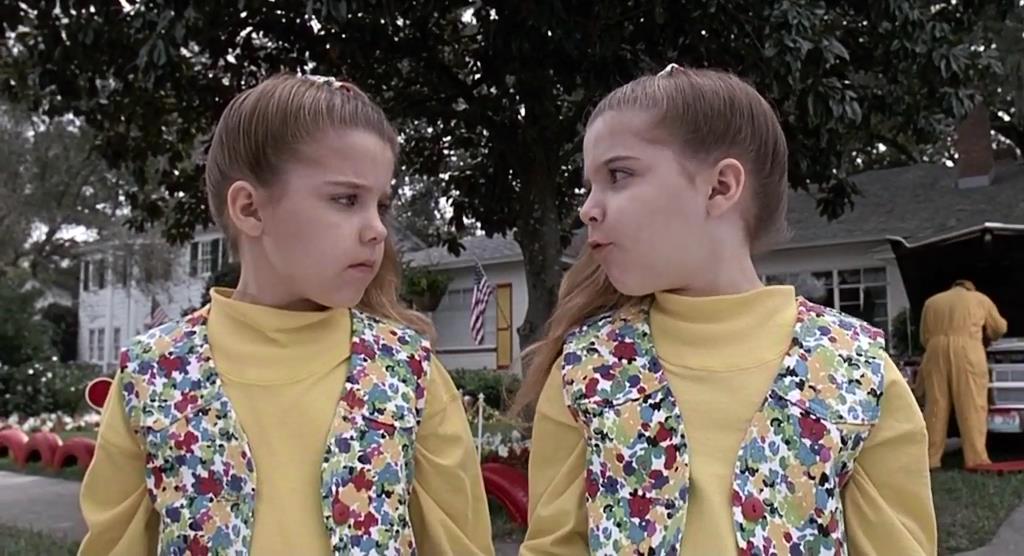 This is how a child perceives affection between you.
This is how a child perceives affection between you.
As long as the parent holds a strong rope of attachment, the child is completely safe
He knows about this, and his forces can be directed to development, growth and other things important for his age. At the moments when the parent is angry, dissatisfied with the child, the child feels that the rope of attachment seems to have weakened, he begins to pull on it - to check the strength of attachment. “Are you still my adult?”, as if a child asks, “even if I do something else terrible, will you continue to love me?” Since this question comes from the inner brain, it asks it not with words, but with actions (most often with bad behavior), and it also waits for an answer with actions.
When attachment is threatened
To correct bad behavior, sometimes it is enough just not to endanger attachment. Adults often do things that are completely natural or useful, in their opinion, while the child is in deep stress and anxiety.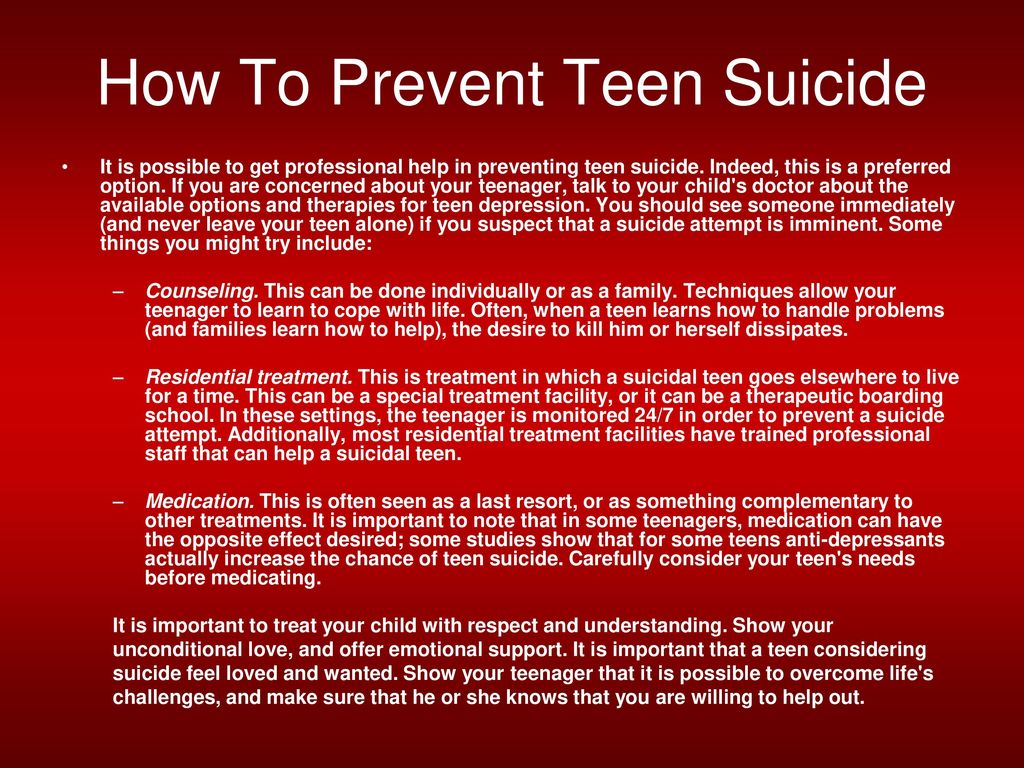
For example, parents are lecturing. At what point does this happen? When a parent is unhappy with something. He wants only good things and gives objective reasons, but the child does not hear him, because dissatisfaction on the part of the parent means that attachment is at risk. If he is so bad, then "his" adult can leave. The lectures usually intensify, become more frequent, the parent moves on to punishment, the child experiences even more stress, and the reason for the lectures is still not eliminated.
7 things every parent should know about attachment
There are parents who use stronger means - they beat their children. In order to be fully aware of their actions and not to do so, parents need only call a spade a spade: “The child got a belt” is one thing, and “I beat my child” is quite another.
If a parent treats a child empathically from infancy, then the child learns empathy from him.
Sometimes physical violence pales next to emotional violence: insults, threats (“I won’t love you anymore”), blackmail (“you will drive me to the grave”), intimidation (“I’ll go away and leave you here”) and fiercely hated by children ignoring.
There are situations when a parent violates boundaries: enters a room without knocking, demands immediate execution of his orders, discusses the child with acquaintances. All this is aggression, which the child will definitely begin to copy and behave this way already in relation to the parents. If the relationship with the parent is good, then the child wants to obey him simply because he is his adult and this is how nature intended.
How high expectations harm a child
An attempt to set a bar of expectations for a child drives him into stress and causes protest. Today's fashionable early development can exhaust the whole family. For example, parents put in a lot of effort and teach their children to read as early as possible. But until the age of seven, this skill is of no use to them. He needs live communication, but there is simply no need to receive information from the text.
Parents often demand behavior that is inappropriate for the age of their children
“When a kid who has learned to walk well and climb everywhere uses his skills to the fullest, parents have a fun life. But would you like him not to climb anywhere, not to touch anything, to sit in a motionless apathetic bag and hold that toy that you thrust into his hand for a whole hour? This is how children sit in children's homes <...> and this is a rather sad sight.
But would you like him not to climb anywhere, not to touch anything, to sit in a motionless apathetic bag and hold that toy that you thrust into his hand for a whole hour? This is how children sit in children's homes <...> and this is a rather sad sight.
Parents know how to ignore the child's feelings with the words "don't be afraid," "don't be upset," "don't cry." But in a moment of fear or frustration, until you calm the limbic system, it is useless to appeal to the mind.
Seven steps to correct bad behavior
Lyudmila Petranovskaya suggests calling children's behavior difficult, not bad. There is a certain logic in this. A child is not created to do something to spite his parents, because for him they are the dearest people who literally hold his life in their hands.
The difficult behavior of a particular child is the behavior that is difficult for a particular parent to cope with. For a choleric mother, slowness can be unbearable, but for a meloncholic mother, this behavior will be just right.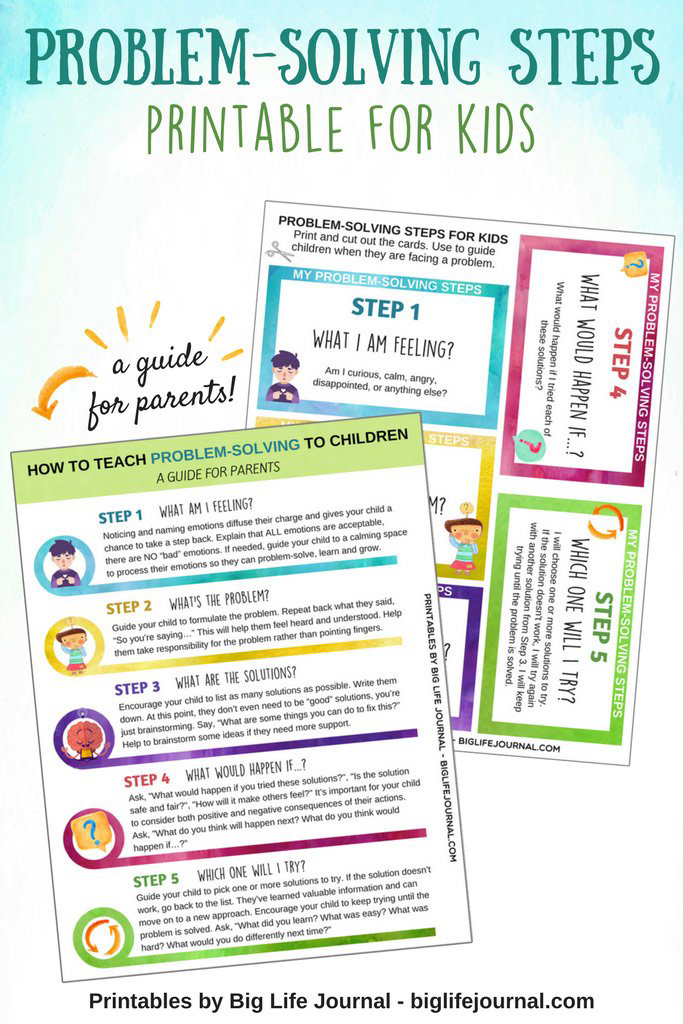 Often, adults generally see a problem where there is none for their children.
Often, adults generally see a problem where there is none for their children.
How to find a common language with a teenager
But difficult behavior still needs to be corrected, because it poisons the life of the whole family. If all the reasons mentioned above are eliminated, the child grows up with a feeling of support, care and acceptance, knows what is good and what is bad, but there is still difficult behavior, the psychologist suggests steps to correct it.
1. Clearly formulate the goal
The more clearly the parent understands exactly what kind of behavior he expects from the child, what exactly will happen in cases when the child starts doing the right thing, the easier it will be to find a solution.
"Try to write down for a few days in a notebook what your child did "wrong", and then honestly ask yourself - which of these things really poisons my life?".
Still from the film "Problem Child"2. What exactly is happening?
To analyze behavior, avoid the expressions "he always", "he never", "wants nothing". There is a big difference between a child who does not want anything and a child who does not want to do things that are not interesting for him. Describe as specifically as possible, take into account age and situations.
There is a big difference between a child who does not want anything and a child who does not want to do things that are not interesting for him. Describe as specifically as possible, take into account age and situations.
3. Search for "spring"
Ask yourself the question "Why is he doing this?". It is unusual for any person to do something completely without any motivation. Even children's theft has reasons: a child may not have a formed idea of property, he does not want to be different from his peers, he wants to be accepted into the circle of "his own", he wants to get attention and achieve closeness with his parents.
You can not guess about the reasons, but ask the child directly: “Why are you doing this?”.
4. Explain what is wrong
Use "I-statements" that cannot be challenged. Say what specifically the child is doing wrong. Remember that he is unlikely to be influenced by arguments about the distant future when he graduates poorly from school due to lessons not done today.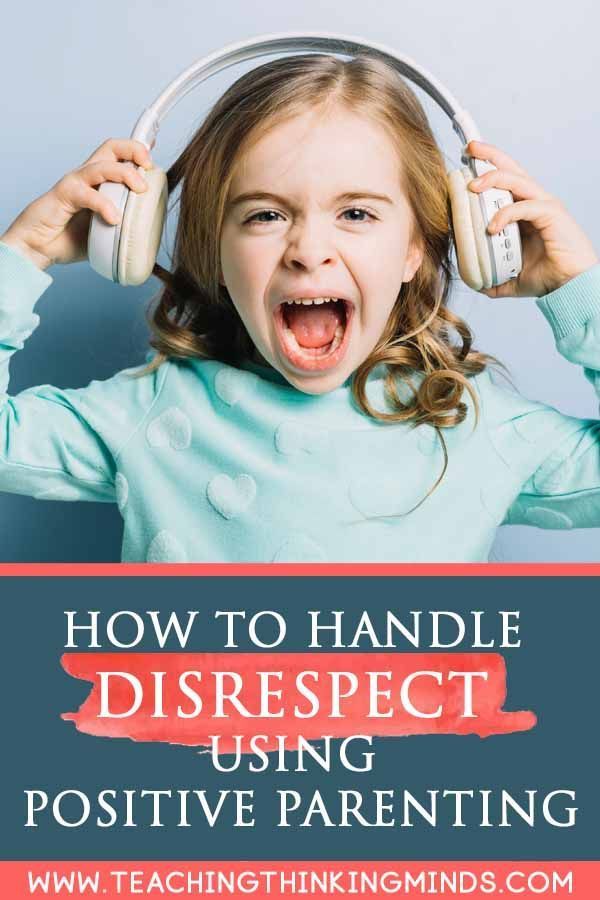
5. Let the consequences come
If a child knows exactly what not to do or, conversely, what is necessary, but continues to act as before, let the bad consequences come. It is important that parents do not gloat, but sympathize and continue to be there, to support. Of course, we are not talking about cases when we allow a child to fall out of a window or pour boiling water on him so that he understands the consequences.
“I stole and spent other people's money - you will have to work or refuse to buy, travel in order to save money. I forgot that I was asked to draw a picture, I remembered at the last moment - I will have to draw instead of a cartoon before going to bed.
6. We help him achieve his goal in a different way
Talk not only about how it is impossible. Explain exactly what to do in this or that case or how to do it.
7. Consolidation of achievements
Positive reinforcement is several times more effective than negative one. You can praise for the "new" behavior directly or indirectly, pouring out your grandmother's enthusiasm on the phone and dad who came home from work.
You can praise for the "new" behavior directly or indirectly, pouring out your grandmother's enthusiasm on the phone and dad who came home from work.
"Teach your child to see and recognize his own achievements: compare himself not with an unattainable ideal, but with himself yesterday, be proud of his successes."
Read all about raising children on this tag.
Shot from the film "Problem child"
Problem child: 5 methods of education
ParentsQuestion to the expert
Admit that you expect from this article a secret formula by which you can easily subdue any difficult child? I hasten to share the good news. Successful algorithms do exist, but the secret ingredient of parental peace is hidden in adults themselves. Let's talk frankly about raising difficult children, shall we?
Like many of you, my boy wasn't born with a blue ribbon and a set of buttercreams. From the age of 10 months, he began to show his rebellious disposition, and at first I was touched by his universal knowledge that the whole world owed him.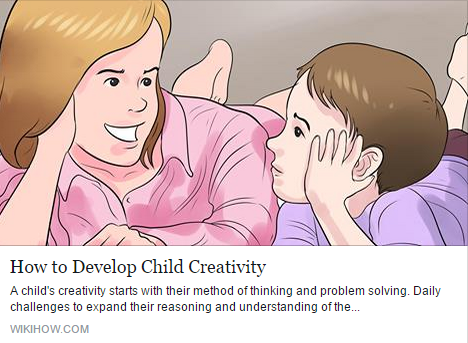 Then it seemed to me that this period should resolve itself, because it was a year old, and before the next crisis, 3 years still grow and grow. Where did the 24 months of calm go? Why is it so difficult for me with a child and I get the feeling that all this time we have a continuous crisis?
Then it seemed to me that this period should resolve itself, because it was a year old, and before the next crisis, 3 years still grow and grow. Where did the 24 months of calm go? Why is it so difficult for me with a child and I get the feeling that all this time we have a continuous crisis?
Before passing the verdict "bad behavior" and taking up education with radical methods, it would be good to understand what should be considered bad behavior. As an experiment, we will change places with the child and put ourselves in an uncomfortable position. Answer without much thought to the question: “What do I take for bad behavior in a child?” If you honestly confessed and answered: “When my child does not obey me,” you automatically fell into the trap.
The best way to get through the age crisis is to be prepared for it and help your child get through the difficult stage together
What do we really want from a child: obedience or conscious acceptance of discipline?
When I tried on the answer to my relationship with my son, I was horrified.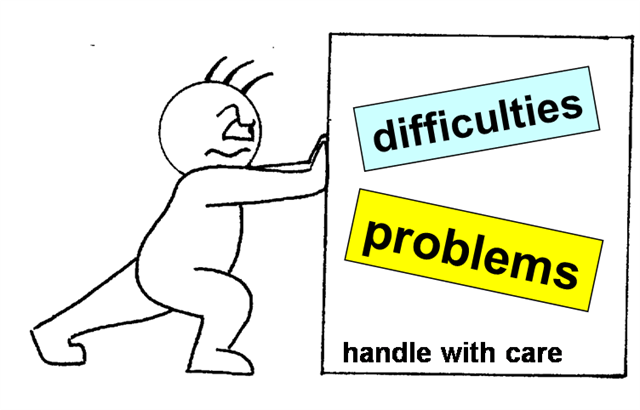 I have confused these two fundamentally different concepts. If my child will obey everyone, not having his own opinion, will he be able to grow up as an independent, conscious and happy person?
I have confused these two fundamentally different concepts. If my child will obey everyone, not having his own opinion, will he be able to grow up as an independent, conscious and happy person?
Shouldn't work be done to change his attitude towards discipline? So that he himself knows how to set priorities in his life, form effective thinking strategies, make decisions on his own, learn to recognize feelings and calmly cope with them within the framework of the norms of society.
Having dealt with your parental position, it is easier to start working with a difficult child. I have come to the conclusion that there are only 5 effective ways to deal with bad child behavior.
1. What is "good" and what is "bad"? Understanding a child's point of view
Has your child not yet learned to distinguish good from bad? Teach him yourself. No nanny or educator is more interested in this than mom and dad. We all come into this world with wide-open eyes and trustingly take the first steps into the arms of an unpredictable life. We do not know what awaits us ahead - danger or life lesson, good or bad.
We do not know what awaits us ahead - danger or life lesson, good or bad.
Often we don't even hear our parents' warnings about what not to do. We simply live and cognize the world empirically, on the basis of our still meager life experience. My whole world turned upside down when I thought: “How can a child behave badly if he basically has no idea what bad means?”
I will dwell in more detail on the analysis of my child's feelings during the lessons of "bad deeds". I was shocked, but my child could not recognize what was bad and what was good in most cases. He sincerely did not understand why I first asked him not to rattle pots, explained that it was impossible to beat other children, almost with dancing persuaded him to return from a walk to sleep when he wanted to take a walk more.
In such situations, he did not think about what was good and bad, but was guided by the criteria "interesting - not interesting", "safe or not", "I want - I do not want". And when I once again suppressed a flash of anger because my son deliberately poured a bowl of soup on the floor, I asked myself the question: “Why am I so angry?” Didn't I make sure to finish my unloved borscht?
Meanwhile, my son Laurus was actively giving signs of disagreement. His head-shaking and despondent expression tried his best to convey this, but I stubbornly ignored the protest. After all, it is convenient to feed the child properly before a walk so that he does not fray his nerves with sudden hunger. After thinking about the situation, I cooled down and gave the rebel a rag: “Wipe after yourself.”
His head-shaking and despondent expression tried his best to convey this, but I stubbornly ignored the protest. After all, it is convenient to feed the child properly before a walk so that he does not fray his nerves with sudden hunger. After thinking about the situation, I cooled down and gave the rebel a rag: “Wipe after yourself.”
2. Reach mutual agreement on good and bad
This item is closely related to the previous cause of child misbehavior, but differs in that the child sincerely disagrees with the adult's demands. Well, he does not understand that scattering toys and living in chaos is bad. For him, this is a natural environment in which he is fun and educational.
For a long time I was at a loss as to how to instill in a child a love of discipline. After all, you have to learn to clean up after yourself. But instead of obedience, I met desperate resistance or complete disregard for requests. The more I insisted, the more my son moved away from me. “And this little button, which is not even two years old, stamps its foot and still swings at its own mother, when it only asked to remove it, seasoning the request with a pinch of blackmail: “Otherwise we won’t go for a walk,” I thought, choking with irritation.
And this is what I longed for during motherhood, so that my child could express his opinion openly and freely. Have I played with excessive democracy? The answer came after some time, when I rethought the situation and began to take the side of my son.
Once again I asked to put the toys away and felt tension between us. I suggested to him: "Let's ask the tractor to help us clean up?" His son's eyes lit up, and he joyfully exclaimed: "Yes!" I realized that true love for discipline, and not blind obedience, cannot be brought up through denial and rejection. It is really important for a child to feel that you understand him.
3. Through "bad behavior" the child learns - let him form new qualities
It is so inherent in nature that a person needs to acquire strong-willed qualities in order to survive. If you like, it's an evolution. There would be no one to continue the human race if people did not have some negative qualities. The real discovery for me was that "bad behavior" helps the child develop new qualities:
● If the child is stubborn and does not want to follow your instructions, he learns to defend his own opinion. Can you imagine what will happen if we constantly fight off this natural need from a small person?
Can you imagine what will happen if we constantly fight off this natural need from a small person?
What to do? Accept the child's desire to be a person. Show that his opinion really matters. For example, when I started taking Lavr to kindergarten, he kept saying that we should go to the park. As soon as we approached the door, he protested heart-rendingly and insisted that we urgently needed to walk. Every time I tried to explain that no one walks in the park so early. The son was instantly offended and fell into hysterics. One day I decided to really take him to the park and show him that I am not deceiving him. When he saw that there was nothing for him to do at such an early hour, he calmed down. Hungry and called for breakfast in the garden.
● If the child devalues your judgments, says that you do not understand him, he learns to comprehend what is happening. If he protests for any reason and does not compromise, he trains the will and skills to overcome obstacles.
How to be? You just need to accept the fact that you are a kind of simulator for the child. And, thank God, he trains on the person who loves him the most. Otherwise, who else would endure it? It is important to help your child learn to identify negative emotions and deal with them appropriately. “Lavrusha, I know you're angry with me because I won't give you an orange. You called me bad, not because I'm evil, but because I forbade you to eat it. Your skin may become red and itchy. You can cry, but I still won't give you an orange."
It is important for a child to understand his emotions as early as possible and to understand how to deal with them. Recall the cartoon "Puzzle". There, five emotions live a full life, and in addition to Joy, a person has a whole set of not very good (at first glance) companions: Sadness, Fear, Anger and Disgust. Watch this useful cartoon and make sure that the exclusion of "bad and unnecessary" emotions from a person's life leads to the oppression of the whole organism.
● If a child turns into a tyrant, imposes an opinion, indicates where to go and what to do, he acquires the skill of self-respect. Take a closer look at yourself, perhaps at some point you devalue the child, his thoughts and desires.
You can't count all the examples of bad behavior, but you definitely shouldn't treat them negatively. I do not at all call for indulging such manifestations, let alone inaction, but it is necessary to show understanding, tolerance and even ingenuity in resolving conflicts.
4. A child adapts to natural age-related crises - help him cross a difficult stage
A crisis is a time of transition, a turning point with an unpredictable outcome. An age crisis is an integral and normal stage in the formation and development of a person. They happen in the life of every child during the neonatal period, at 1 year, 3 years, 7 years, puberty and adulthood.
For some, the crisis stages shift a year later or earlier, depending on the character, temperament and pace of development of the child.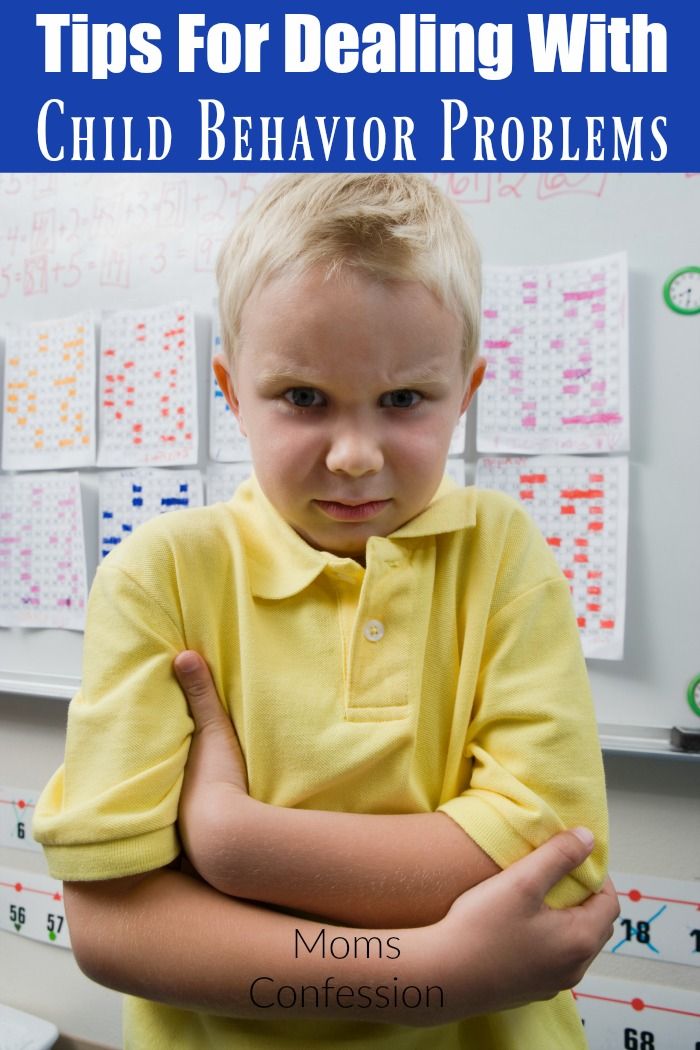 The best way to survive is to be prepared for it and help your child get through the difficult phase together. You don't have to say "no" to everything. The child should know that there are inviolable rules in the family that everyone must follow.
The best way to survive is to be prepared for it and help your child get through the difficult phase together. You don't have to say "no" to everything. The child should know that there are inviolable rules in the family that everyone must follow.
It's easy to break a child, it's more difficult to learn to negotiate. Therefore, it is necessary to master new models of behavior not only for children, but also for parents. I stopped keeping a table of calculations, who will “bend” whom, when I realized that by nature my child can become much stronger and cooler than me.
Once I read a life hack by Mikhail Labkovsky and stopped competing: “He is your child. You should be glad that he is stronger than you. You don't have to measure your character. Come and take him in your arms. If you remember this rule, you will be able to grow an unbroken, strong personality with a strong inner core. Such people know what they are worth, value and respect themselves.
5. The child is trying to compensate for unsatisfied needs
The list of basic needs of the child is not far behind the generally accepted hierarchy of needs of an adult.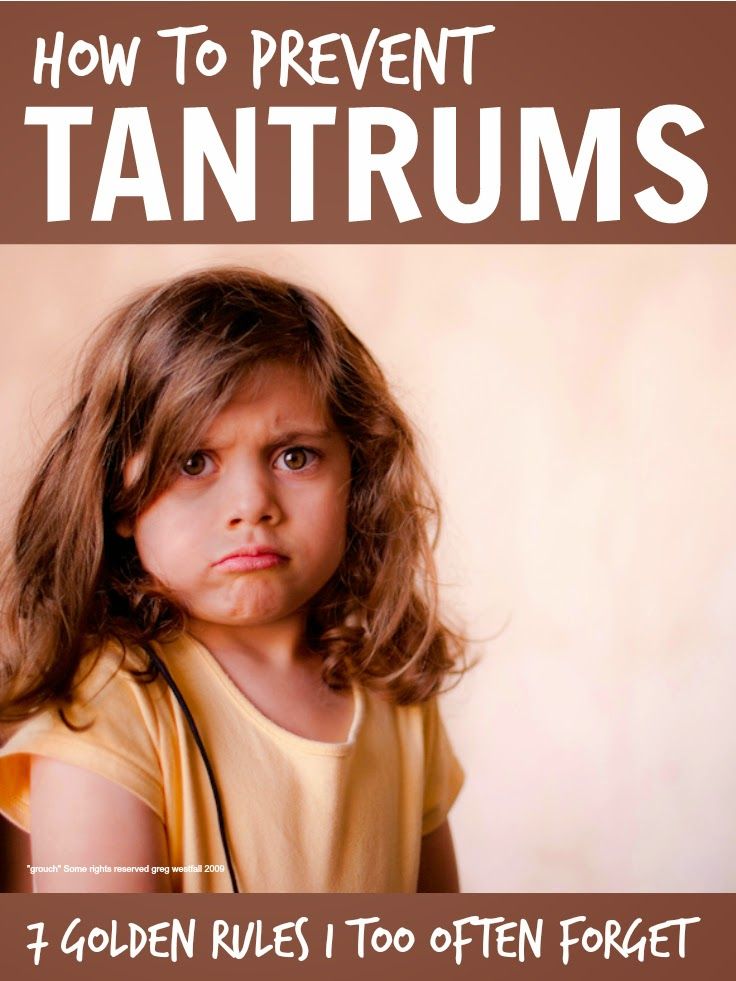 The well-known works of Abraham Maslow apply even to the smallest members of society. For ease of perception, I comprehended in my own way and combined the needs into 3 groups. These needs an adult cannot ignore:
The well-known works of Abraham Maslow apply even to the smallest members of society. For ease of perception, I comprehended in my own way and combined the needs into 3 groups. These needs an adult cannot ignore:
● Physiological needs. This source of “bad behavior” is easily identified and can be linked to poor bedtime, hunger, fatigue, and other unmet needs. Often it is enough to understand the situation and provide the child with the correct mode. In this case, the child's behavior is corrected in a fairly short time. My son at the age of 1 year and 2 months had a hard second bedtime in the afternoon. He woke up with a terrible hysteria, over the reasons for which I broke my head for some time. As soon as I shifted my bedtime to an earlier period, the disturbing symptoms disappeared.
● Need for security, love and belonging. Such different needs, but sometimes they are closely intertwined, for example, when we send children to kindergarten. Without adaptation, they become vulnerable on several fronts at once, which they try to talk about with the help of whims and bad behavior. Physical contact with the child, gentle hugs and a quiet, trusting voice help well. I unconditionally spent as much time as the child needed to understand that his mother loves him and will definitely come for him.
Physical contact with the child, gentle hugs and a quiet, trusting voice help well. I unconditionally spent as much time as the child needed to understand that his mother loves him and will definitely come for him.
● The need for respect, recognition and self-realization. I remember every moment when adults treated me unfairly. A small child is no different, only he still does not know how, due to his age, to explain and choose the right words, which he compensates with rebellion.
The main cause of a child's bad behavior is you yourself
It's time to collect the stones. "Who do we have such an ill-bred child?" - perhaps the most ridiculous question of a parent. A child is a reflection of the family: what you have is what he has. There is only one effective way to raise an emotionally and mentally healthy child - to become such a person yourself.
Growing up as a good child is easier in a happy and successful family. Therefore, it is so important to understand the views of the child, to come to mutual agreement in understanding “good” and “bad”. Be a reliable support for your child, especially during difficult periods. Without your support, it will be very difficult for him to adapt and overcome natural age crises.
Be a reliable support for your child, especially during difficult periods. Without your support, it will be very difficult for him to adapt and overcome natural age crises.
Through "bad behavior" the child learns - let him form new qualities. Giving a child unconditional love is a great art. We are not taught this anywhere, but now there are so many opportunities for self-knowledge and development. Learn the basics of child psychology, always be a role model for him, regardless of mood, weather and problems at work.
Due to age, the child is not able to satisfy needs independently, the main of which is the need for love. What would happen if we could all love children just like that, without conditions and agreements, without division into good and bad?
About the author
Margarita Makarova is the creator of the SOS Mommy school of happy motherhood and motivational marathons for women. Her Instagram (an extremist organization banned in Russia).







